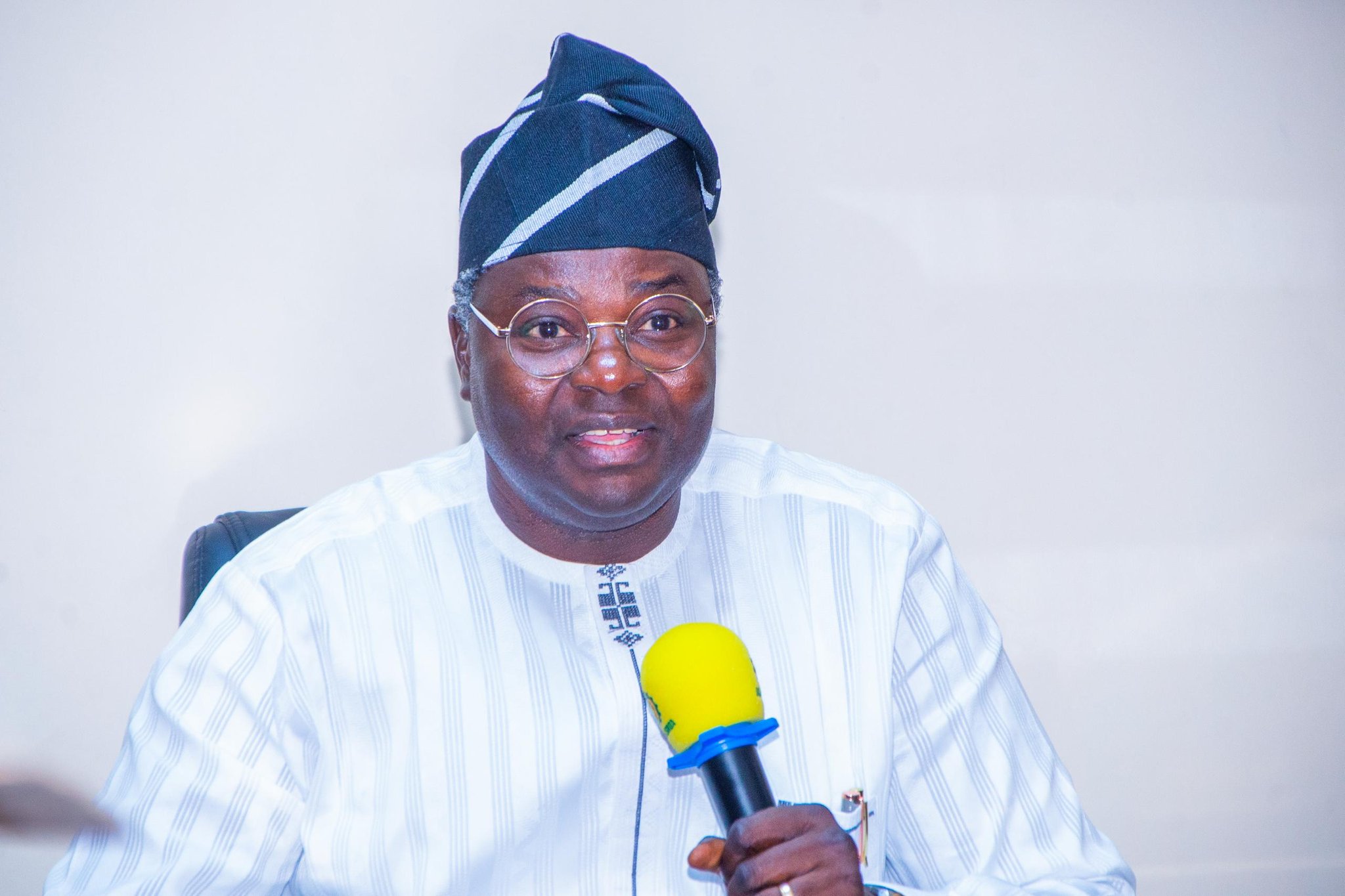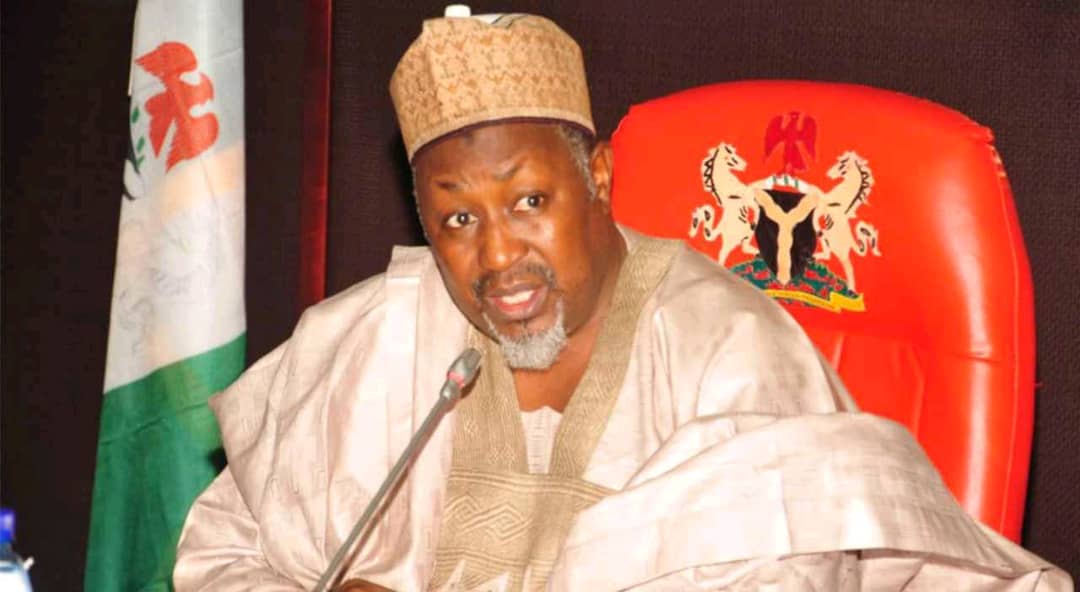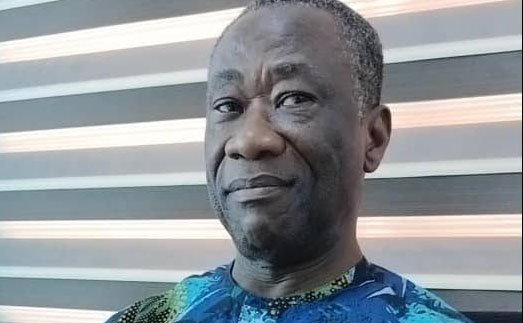The Governor of the Central Bank of Nigeria (CBN), Olayemi Cardoso, has ruled out any possibility of the apex bank returning to the era of fiscal deficit financing.
Cardoso made the declaration at the 60th Annual Bankers’ Dinner held in Lagos, which drew top bankers, political leaders, and financial regulators.
Fiscal deficit financing allows the Federal Government to obtain liquidity support from the CBN to fund budget shortfalls under strict conditions. Under the previous administration, the government reportedly drew an accumulated N30 trillion in CBN overdrafts in a highly controversial manner. About N23 trillion of the amount was later restructured into a long-term bond issued to the CBN.
Cardoso, who had earlier described the period as one of “reckless ways and means,” said the bank had shut the door on the practice. He stressed that the CBN would not return to “funding fiscal deficit,” despite provisions for such financing in the CBN Act.
He reaffirmed the bank’s commitment to achieving single-digit inflation, insisting that the current double-digit rate “cannot be accepted.” Speaking on price stability, financial stability, economic growth, regulatory reforms and digital payments, he highlighted areas that define the administration’s economic performance.
Cardoso noted that headline inflation has reduced significantly, halving from over 34 per cent in November last year to 16.05 per cent last month, the lowest in recent years.
Despite the decline—driven in part by a change in the consumer price index (CPI) base year and basket—he said the monetary authorities would continue working to bring inflation down to single digits. Nigeria last recorded single-digit inflation in 2025.
Looking ahead, he disclosed that CBN models project sustained disinflation into 2026. He added that the country is committed to the “organic” growth of its external reserves, which climbed above $46 billion in mid-November.
According to him, recent reforms have set the economy on the right footing, supporting sustainable and steady growth. These reforms, he said, demanded courage, patience and sacrifice, which the current administration has demonstrated. “The resilience and recovery is not a coincidence but a product of difficult choices,” he told the gathering.
President/Chairman of Council of the Chartered Institute of Bankers of Nigeria (CIBN), Prof. Pius Olanrewaju, said the year reflects a story of resilience, stabilisation and gradual recovery.
He added that the CIBN remains committed to developing human capital in the financial sector and has introduced a talent retention programme to mitigate the impact of the ‘japa’ syndrome.
Chairman of the Body of Bank CEOs and Group Managing Director of UBA, Oliver Alawuba, said increased credit to the private sector would help consolidate economic growth. Strengthening risk management, he said, would further stimulate credit expansion.
Alawuba stated that Nigerian banks are capable of funding growth sectors such as SMEs, youth businesses, women-led enterprises and the creative industry to a greater extent than they currently do.
He added that banks are fully mobilised to ensure cash adequacy ahead of Christmas and are committed to seamless digital transactions during the festive season.






